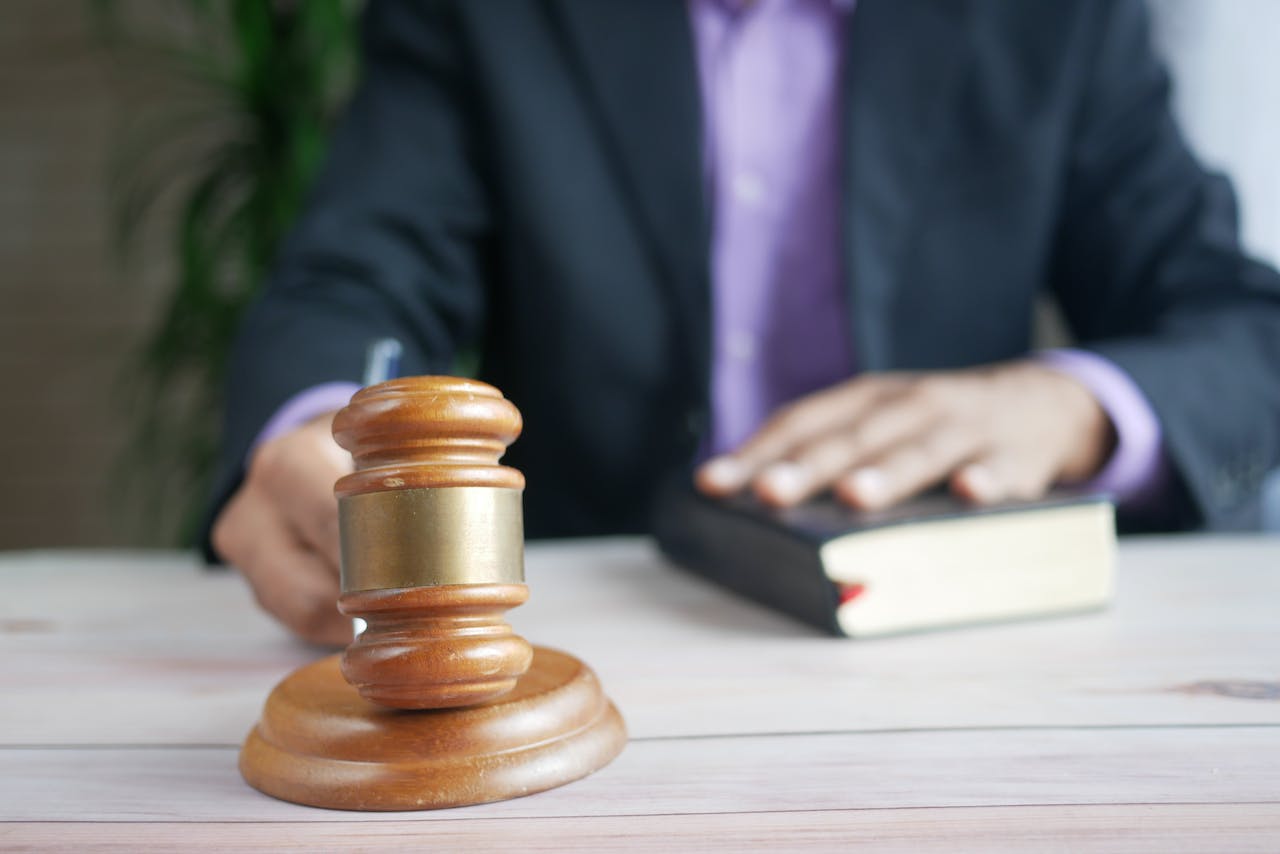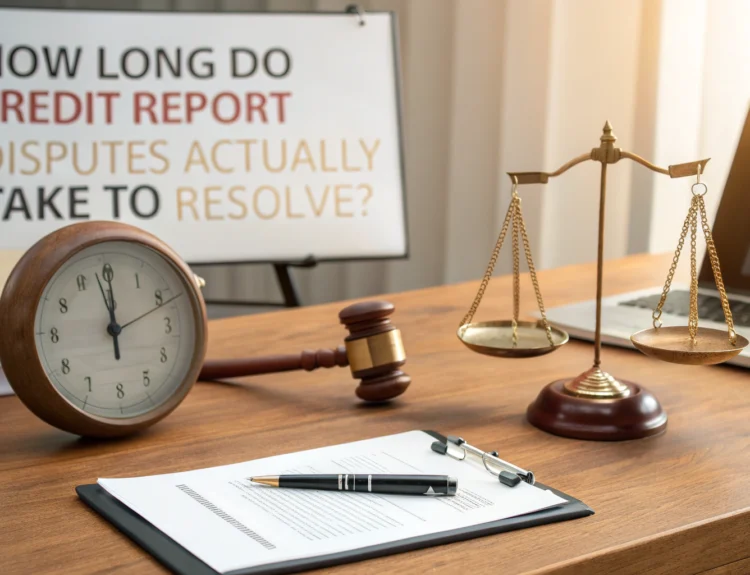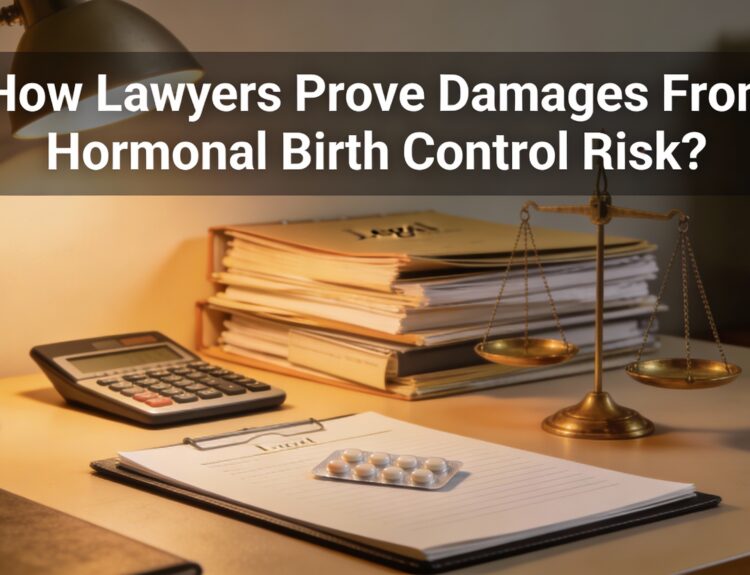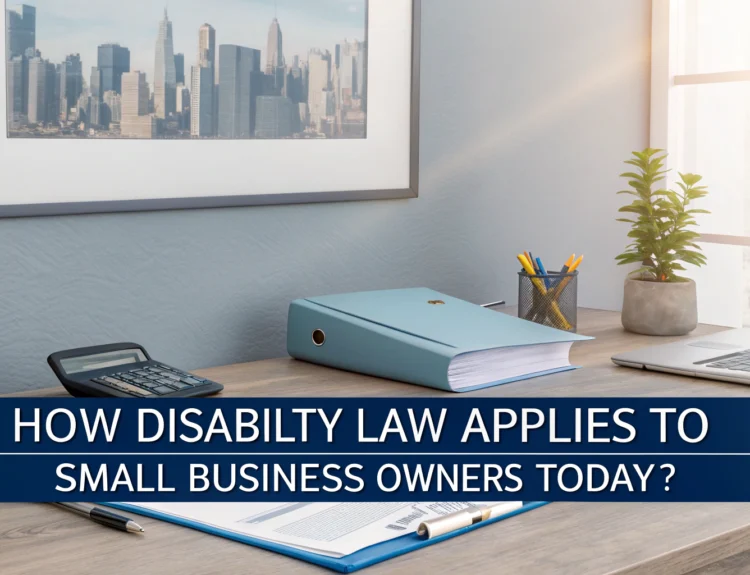The Blue Cross Blue Shield settlement is a significant development in the health insurance industry. This agreement is the result of a class action antitrust lawsuit. It has far-reaching implications for BCBS, its customers, and the broader healthcare market.

Contents
The Genesis of the Settlement
The Blue Cross Blue Shield settlement arose from a class action antitrust lawsuit, In re: Blue Cross Blue Shield Antitrust Litigation MDL 2406, N.D. Ala. Master File No. 2:13-cv-20000-RDP. Plaintiffs, acting on behalf of individuals and businesses that acquired health insurance from a BCBS company, reached an agreement with the Blue Cross Blue Shield Association (BCBSA) and Settling Individual Blue Plans, referred to as “Settling Defendants.”
The Allegations and Denials
The plaintiffs accused the Settling Defendants of contravening antitrust laws by establishing an agreement to refrain from competition and limit competition among themselves in health insurance sales and administrative services for health insurance. The defendants, however, denied any misconduct, contending that their actions resulted in lower healthcare costs and increased access to healthcare for their customers.
The Court’s Role
The court has not judged the merits of the claims and denials. Instead, to avoid the costs and risks associated with further litigation, both parties agreed to a Blue Cross Blue Shield settlement. If the court approves the settlement, the defendants will establish a $2.67 billion Settlement Fund and modify their business practices to create more opportunities for competition in the health insurance market.
Who is Covered by the Settlement?
The court has certified two Settlement Classes in this case: a Damages Class and an Injunctive Relief Class.
To qualify for a payment, claimants had to file their claim by November 5, 2021. The court overseeing the case has yet to approve the settlement. Once the court approves the settlement and resolves any appeals, payments will be issued. 
How to Be Part of the Settlement
The case had several deadlines to exercise rights and options. The deadline to file a claim passed on November 5, 2021.
The deadline to exclude oneself from the Damages Class or object to the Settlement also passed. The court has held a hearing to consider the Settlement's fairness.
The Settlement Amount
The Blue Cross Blue Shield settlement will result in a $2.67 billion fund if approved by the court. The Settling Defendants will have to change their business practices that the plaintiffs believe will enhance competition in the health insurance market.
The Class Member Definition
If you were covered by a health insurance or administrative service plan provided by the company between February 2008 and October 2020, you might qualify as a Class Member.

Key Dates of the Settlement
The essential dates for the BCBS settlement are as follows:
- Claim Filing (for Damages Class): November 5, 2021
- Opt-Out: May 2, 2022 (Self-Funded Entity Accounts) | July 28, 2021 (remaining classes)
- Object: May 2, 2022 (Self-Funded Entity Accounts) | July 28, 2021 (remaining classes)
- Hearing: October 20-21, 2021
Benefits of the Settlement
Class members will receive payments as part of the agreement. The settlement fund is projected to be $1.9 billion after deductions such as administration expenses, attorneys’ fees, and other charges from the $2.67 billion fund.
When will the BCBS Settlement be Paid?
The court will decide whether to approve the BCBS settlement. Payments will be made once the court approves the settlement and all appeals are resolved.
Checking the Blue Cross Blue Shield Claim Status
Checking your claim status is straightforward. You can do this by using your Unique ID or Claim Number, which was sent to you in the notice from the Administrator. The Unique ID is a ten-digit code that includes numbers and letters.
To check your BCBS Claim Status, follow these steps:
- Go to the official website of the BCBS Settlement.
- Click on “Check online claim status”.
- Submit the correct Unique ID or Claim Number.
In conclusion, the Blue Cross Blue Shield settlement is a pivotal moment in the health insurance realm. It not only addresses past grievances but also promises a more competitive market in the future. It underscores the importance of antitrust laws in maintaining a healthy competitive environment that ultimately benefits consumers.




